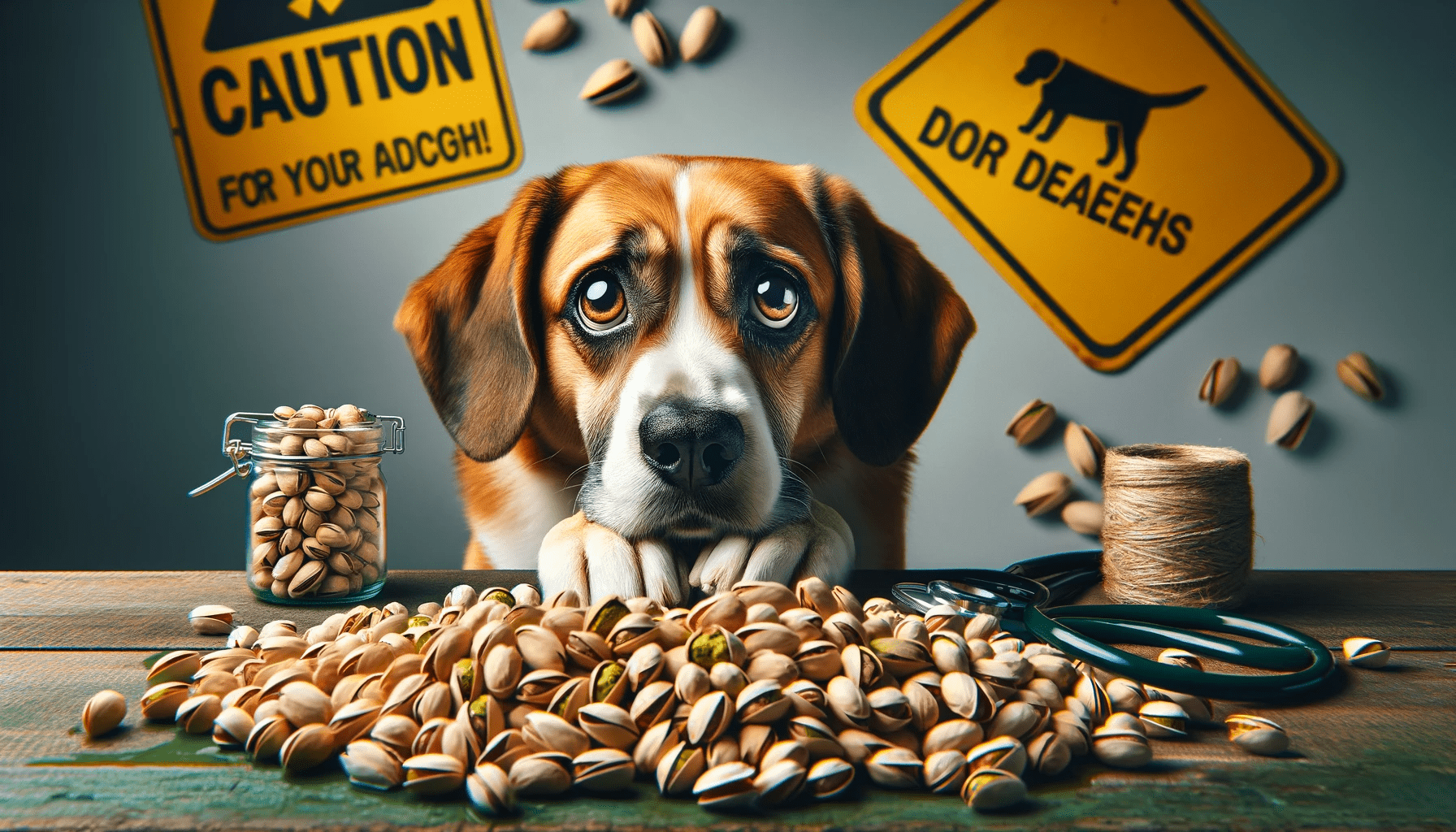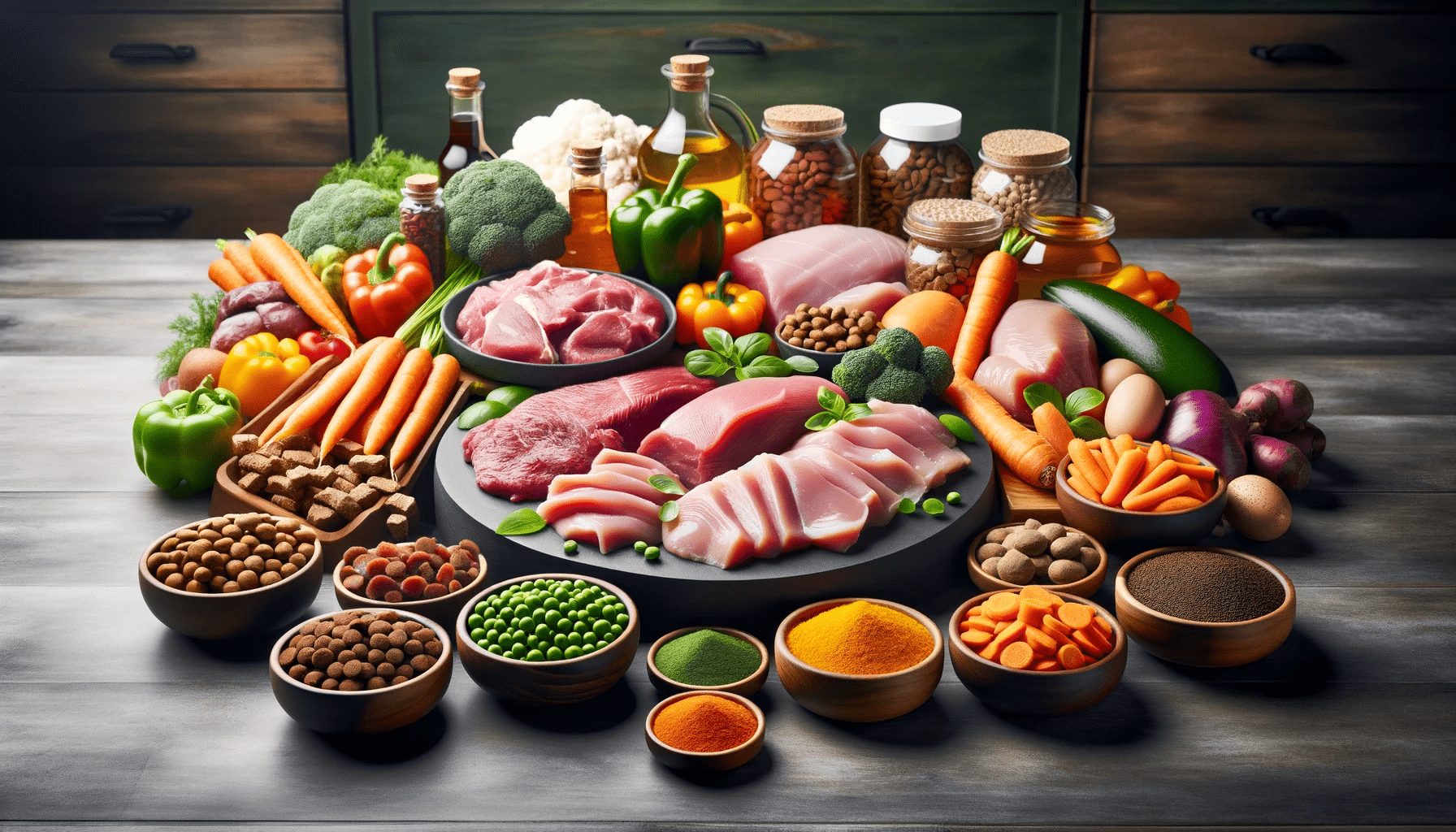Looking to give your furry friend the best nutrition in 2023? Look no further! This article will provide you with top dog nutrition tips to keep your canine companion healthy and happy.
Discover how to understand your dog's nutritional needs, choose the right food, incorporate healthy proteins, and balance carbohydrates for optimal health.
We'll also explore the importance of essential vitamins, managing fat intake, and the role of hydration in your dog's diet.
Get ready to become a top dog nutrition expert!
Key Takeaways
- Consider your dog's breed, age, and activity level when determining their nutritional needs.
- Prioritize high-quality ingredients such as high-quality protein sources, whole grains, fruits, and vegetables in your dog's food.
- Be aware of common allergens like wheat, soy, and corn and choose hypoallergenic options if necessary.
- Include a variety of proteins in your dog's diet, including plant-based proteins like lentils, chickpeas, and quinoa, as well as eggs and fish.
Understanding Your Dog's Nutritional Needs
To understand your dog's nutritional needs, consider their breed, age, and activity level. Understanding nutrient requirements is crucial for providing optimal nutrition to your furry friend. Dogs require a balanced diet that includes proteins, carbohydrates, fats, vitamins, and minerals. The specific amounts of these nutrients depend on factors such as size, age, and health condition.
Larger breeds, for example, may require more protein and fat to support their growth and energy needs. Puppies also have different nutritional needs than adult dogs, as they require higher levels of certain nutrients to support their rapid development. Additionally, the activity level of your dog plays a role in determining their nutritional needs. More active dogs may require increased caloric intake to fuel their energy expenditure.
Feeding frequency is another important aspect of meeting your dog's nutritional needs. Most adult dogs thrive on a regular feeding schedule of two meals per day. However, puppies may require more frequent meals to support their growing bodies. It's important to divide their daily food intake into several small meals to prevent overfeeding and promote healthy digestion.
Choosing the Right Dog Food
When it comes to choosing the right dog food, there are a few key points to keep in mind.
First, prioritize high-quality ingredients that provide essential nutrients for your dog's overall health.
Second, be aware of common allergens such as wheat, soy, and corn, and avoid them if your dog has any sensitivities.
Ingredients to Prioritize
You should prioritize ingredients when choosing the right dog food. The ingredients in your dog's food play a crucial role in their overall health and well-being. Here are some reasons why you should focus on the ingredients:
- Nutritional Value: Prioritizing ingredients ensures that your dog receives the necessary nutrients for optimal health.
- Allergies and Sensitivities: By carefully selecting ingredients, you can avoid potential allergens or irritants that may trigger sensitivities in your dog.
- Benefits of Antioxidants: Antioxidants, such as vitamins C and E, help support your dog's immune system and fight against free radicals, which can cause cellular damage.
When examining the ingredient list on dog food labels, look for high-quality protein sources, whole grains, fruits, and vegetables. Avoid artificial additives, by-products, and excessive fillers.
Prioritizing the right ingredients will contribute to your dog's overall health and happiness.
Avoid Common Allergens
When selecting the right dog food, it's important to consider common allergens and choose a product that avoids them. Common allergens to avoid in dog food include ingredients like wheat, soy, corn, and dairy products. These ingredients can cause allergic reactions in dogs, leading to symptoms such as itching, skin irritation, digestive issues, and even respiratory problems.
To cater to dogs with allergies, many pet food companies now offer hypoallergenic dog food options. These specialized formulas are made with limited ingredients, carefully selected to minimize the risk of triggering allergies. They often contain novel protein sources like venison or duck, and alternative carbohydrates like sweet potatoes or peas.
If your dog has known allergies or sensitivities, it's crucial to consult with your veterinarian to determine the best hypoallergenic dog food option for your furry friend.
Incorporating Healthy Proteins Into Your Dog's Diet
Regularly include a variety of nutritious proteins in your dog's diet to promote optimal health and vitality. Incorporating plant-based proteins and alternative protein sources can be an excellent way to diversify your dog's meals and provide them with essential nutrients.
Here are some reasons why you should consider incorporating these types of proteins into your dog's diet:
- Sustainability: Choosing plant-based proteins reduces the environmental impact of your dog's food. By opting for ingredients like lentils, chickpeas, or quinoa, you're helping to conserve resources and promote a more sustainable future for your furry friend.
- Allergen-friendly: Plant-based proteins can be a great option for dogs with food allergies or sensitivities. They're often free from common allergens like beef, chicken, or dairy, making them a suitable choice for dogs with dietary restrictions.
- Nutritional benefits: Alternative protein sources, such as eggs or fish, can provide your dog with essential amino acids, omega-3 fatty acids, and other vital nutrients. These nutrients contribute to a healthy coat, strong muscles, and overall well-being.
The Importance of Essential Vitamins and Minerals
To ensure your dog's optimal health and well-being, it's crucial to provide them with a balanced diet that includes a variety of essential vitamins and minerals. These nutrients play a vital role in supporting your dog's overall health and maintaining their bodily functions.
Supplementation is important because it helps to fill any nutritional gaps that may be present in your dog's regular diet. Even with a balanced diet, it can be challenging to meet all of your dog's nutrient requirements. By providing them with additional vitamins and minerals, you can ensure that they're getting all the essential nutrients they need for optimal health.
Organic ingredients also offer several benefits when it comes to vitamin and mineral supplementation for your dog. Organic foods are grown without the use of synthetic pesticides, herbicides, and fertilizers. This means that the vitamins and minerals found in organic ingredients are more likely to be in their natural and bioavailable form, making them easier for your dog's body to absorb and utilize.
Incorporating a variety of essential vitamins and minerals through supplementation and organic ingredients can help support your dog's immune system, promote healthy skin and coat, improve digestion, and contribute to overall vitality. Remember to consult with your veterinarian to determine the specific vitamin and mineral needs of your dog, as individual requirements may vary based on factors such as age, breed, and health condition.
Balancing Carbohydrates for Optimal Canine Health
When it comes to balancing carbohydrates for optimal canine health, there are a few key points to consider.
First, it's important to choose high-quality carb sources for your dog, such as whole grains and vegetables.
Second, portion control is crucial to avoid overfeeding and potential weight gain.
Carb Sources for Dogs
For optimal canine health, incorporate a variety of high-quality carb sources into your dog's diet. When it comes to carb sources for dogs, there are several healthy grain options to consider:
- Whole grains: Whole grains like brown rice, quinoa, and oats provide essential nutrients, fiber, and energy for your dog.
- Vegetables: Incorporating vegetables like sweet potatoes, peas, and carrots not only adds carbohydrates to your dog's diet but also provides vitamins, minerals, and antioxidants.
These carb sources not only provide your dog with the necessary energy but also offer additional health benefits.
Portion Control Guidelines
To balance carbohydrates for optimal canine health, control the portion sizes of the carb sources incorporated into your dog's diet. Portion control is essential to ensure that your dog receives the right amount of carbohydrates without overeating.
Here are some portion control tips to keep in mind:
- Measure the food: Use a measuring cup or scale to accurately measure the amount of food you're feeding your dog. This will help you avoid overfeeding and ensure that your dog gets the right balance of nutrients.
- Follow feeding guidelines: Consult the packaging or your veterinarian for recommended portion sizes based on your dog's weight, age, and activity level. These guidelines are designed to provide your dog with the appropriate amount of carbohydrates for their specific needs.
- Monitor your dog's weight: Regularly check your dog's weight to ensure they're maintaining a healthy body condition. If your dog is gaining weight, it may be necessary to adjust their portion sizes accordingly.
Impact on Energy Levels
To maintain optimal canine health and balance energy levels, it's important to focus on balancing carbohydrates in your dog's diet. Carbohydrates provide the necessary fuel for your dog's daily activities and play a crucial role in their overall well-being. Here's how carbohydrates impact behavior and why hydration plays a vital role:
- Carbohydrates and Behavior:
- Carbohydrates are the primary source of energy for dogs, affecting their behavior and mood.
- A well-balanced carbohydrate intake promotes a steady release of energy throughout the day, preventing sudden spikes or crashes that can lead to irritability or lethargy.
- Role of Hydration:
- Adequate hydration is essential for maintaining energy levels in dogs.
- Water helps transport nutrients and oxygen to cells, ensuring proper digestion and absorption of carbohydrates.
Managing Fat Intake for a Healthy Weight
Cut back on fatty treats to help your dog maintain a healthy weight. Managing fat intake is crucial to ensuring your dog stays at an ideal weight.
One of the first steps you can take is to monitor the portion sizes you're feeding your dog. It's easy to accidentally overfeed, especially when it comes to high-fat foods. Make sure to measure out the appropriate amount of food and avoid free-feeding.
Keeping an eye on your dog's weight gain is also important. Regularly weigh your dog and consult with your veterinarian if you notice any significant changes. They can help you determine the appropriate amount of fat your dog should be consuming based on their individual needs and body condition.
In addition to cutting back on fatty treats, consider incorporating low-fat alternatives into your dog's diet. Opt for lean proteins, such as chicken or fish, and choose low-fat dog food options.
Hydration and the Role of Water in Dog Nutrition
Make sure your dog stays properly hydrated by providing access to fresh water at all times. Adequate hydration is essential for your dog's overall health and well-being. Here are some important points to consider regarding water quality and the benefits of hydration:
- Water quality:
- Clean and fresh water is crucial for your dog's health. Ensure that the water bowl is washed daily to prevent the buildup of bacteria.
- Consider using a water filter to remove impurities and provide your dog with the best quality water possible.
- Benefits of hydration:
- Proper hydration helps regulate your dog's body temperature, especially during hot weather or physical activity.
- Adequate water intake supports healthy digestion and nutrient absorption, preventing issues like constipation.
- Hydration is essential for maintaining healthy skin and coat, reducing the risk of dryness and itchiness.
- Water also plays a vital role in lubricating joints and cushioning organs, promoting overall mobility and organ function.
Frequently Asked Questions
Can I Feed My Dog a Vegetarian or Vegan Diet?
Yes, you can feed your dog a vegetarian or vegan diet. Vegetarian dog food and vegan dog diets are available and can provide the necessary nutrients for your dog's health, but consult with a veterinarian for proper guidance.
How Much Exercise Does My Dog Need to Maintain a Healthy Weight?
To maintain a healthy weight, your dog needs regular exercise. The ideal amount depends on their breed, age, and overall health. Consult with your vet to create a dog exercise routine that suits their needs.
Can I Give My Dog Supplements to Enhance Their Nutrition?
Yes, you can give your dog supplements to enhance their nutrition. However, it's important to consult with a veterinarian to ensure the supplements are appropriate for your dog's specific needs.
Are Homemade Dog Diets Healthier Than Commercial Dog Food?
Homemade dog diets can be healthier than commercial dog food, but it depends on the specific recipes and ingredients used. Consider the pros and cons of both options to ensure your dog gets a balanced and nutritious diet.
Should I Be Concerned About Food Allergies in My Dog's Diet?
Should you be concerned about food allergies in your dog's diet? Absolutely. Dogs can develop allergies to their food, causing symptoms like itching, vomiting, and diarrhea. It's important to identify and eliminate the allergen to keep your dog healthy.
Conclusion
In conclusion, understanding and meeting your dog's nutritional needs is essential for their overall health and well-being.
By choosing the right dog food, incorporating healthy proteins, ensuring essential vitamins and minerals, balancing carbohydrates, managing fat intake, and prioritizing hydration, you can optimize your dog's nutrition in 2023.
Keeping up with the latest information and trends in dog nutrition will help you provide the best care for your furry friend.






